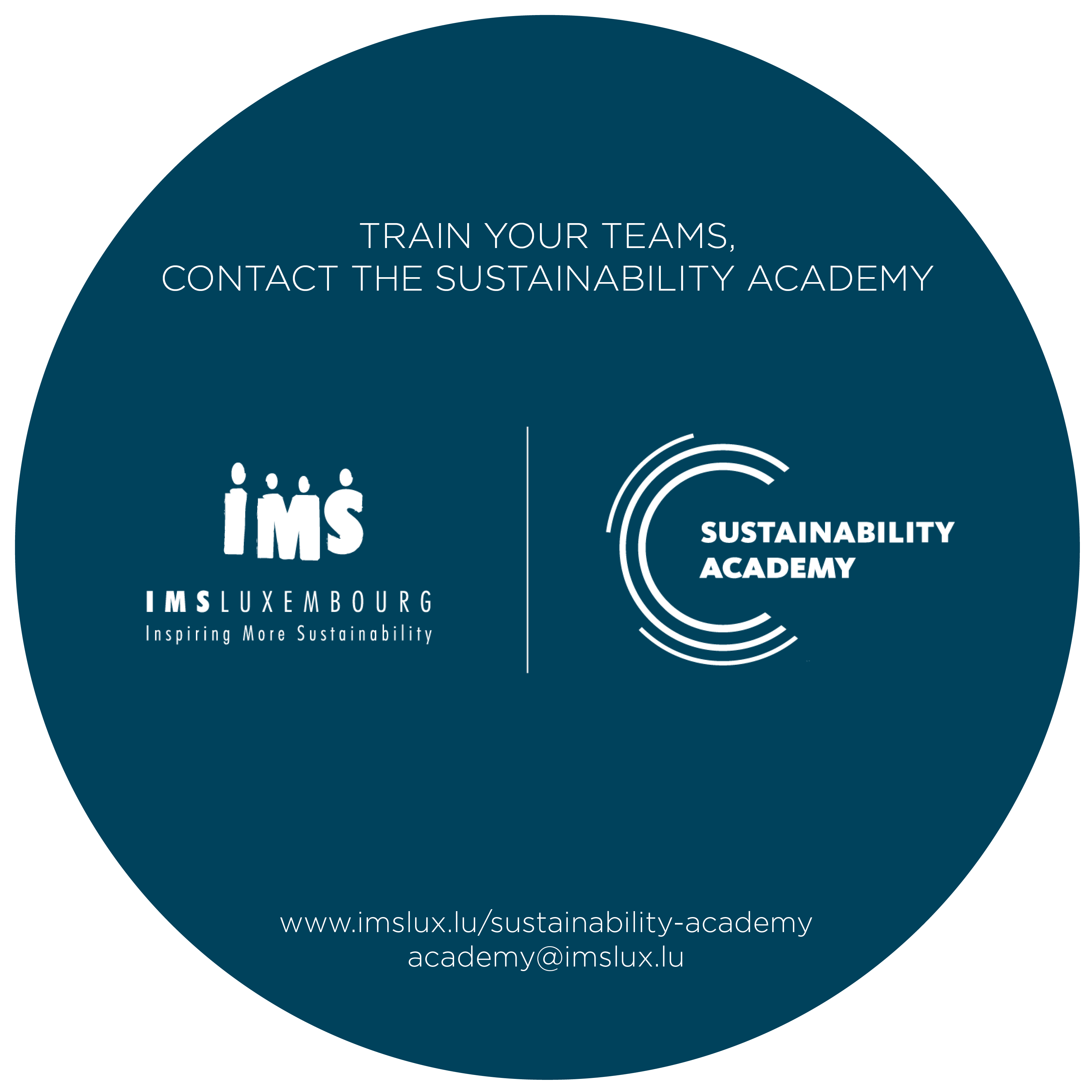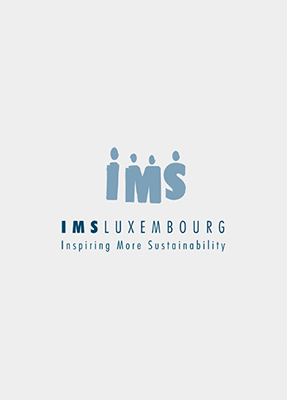The REUSE project is following the Zero Single-Use Plastic Manifesto project. In 2018, aligned with the new European measures coming ahead, IMS set a call to all its member companies' CEOs: You are cordially invited to take a concrete step into eliminating single-use plastics from your company within the next two years. It all sums up by the slogan « Choose to refuse ». Cutlery, cups, plates, mugs, bottles, balloons, snacks packaging, spoons must be gone from employees' daily business by the end of 2020 at the latest. The challenge was serious. Seventy-four companies took it up. The results: at least 150,5 tons of plastic waste avoided each year from 2021 and many learning and resources to share.
REUSE project's first goal is to disseminate the knowledge acquired since 2018 as widely as possible through making a large ranch of resources available to all (see the next tab) and connecting businesses engaged towards practices that advocate for environmentally friendly and employees' well-being consumption. This links directly with the concept of reuse under the various form it can take as well as eliminating single-use for plastics but any other material as well.
Products conceived to be reused and easily recycled, donation, sharing economy, renting instead of buying, second-hand market, mutualisation, reparation, swaps,… These themes are all part of REUSE's second axis of work which explores their concrete translations for the business world.
This project is supported by the Ministry of Environment, Climate and Sustainable Development


![]()
![]()
Transition kit
Find an overview of alternatives to single-use plastic to help you understand their characteristics and compare them. The kit also compiles testimonials from organisations that have already implemented these solutions so that you can benefit from their feedback.
The kit is available in English, French and German.
Educational exhibition on plastic pollution
Produced on the occasion of the Luxembourg Sustainability Forum 2019, this exhibition dedicated to plastic pollution informs and raises awareness on the social and environmental issues related to ultra-jetables (also available in physical format to display on your premises).
"Choose to refuse", an awareness-raising video
Sustainability Mag
Single-Use Plastics: True from False
Do plastics contribute to global warming? Are babies born pre-polluted? Is bio-based plastic the solution? Here are some answers to help you distinguish between reliable information and preconceived ideas.
Under the Eye of Microscopes
Plastic pollution is also micro and nano particles and although this waste seems invisible to us, it is no less dangerous. Science tells us why.
A Hazardous Immersion
One million plastic bottles are bought every minute in the world. At this frenetic rate, the equivalent of one rubbish truckload of this "modern-day material" is dumped into the ocean... Exploration of a plastic world.
Solutions are in the making
Discover 10 companies that have redesigned their use of plastics. From PET-destroying bacteria to recycled bottles, these brands had to be inventive to meet the waste challenge.
A matter of usage...
The time has come: no more plastic! Let's think about the materiel "whose name must not be pronounced", let's question our uses and try to find alternatives capable of replacing it.
Companies that Say Stop to Single-Use Plastic
No more plastic cups, bottles or stirrers in our offices! Organizations in Luxembourg have taken action by signing the Zero Single-Use Plastic manifesto to fight against this ecological disaster.
And also…
San Francisco, Objective Zero Waste
The city of San Francisco is today a true model of waste management. Zero Waste, an ambitious bet?
Washed Up
Alejandro Durán travels the beaches to collect plastic debris. His project: life-size installations of single-use objects. Aesthetic perhaps, but challenging above all.
TV SET "Ultra-jetable plastic, how to do without it?"
Independent experts, industry professionals, and pilot working groups have examined the issue and identified practical instructions for a transition to Zero Single-Use Plastic. (Only in French)


